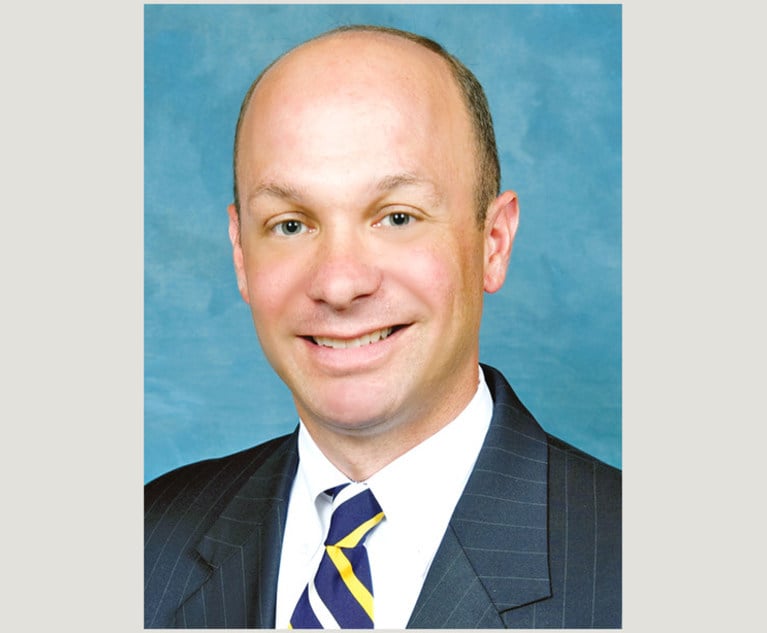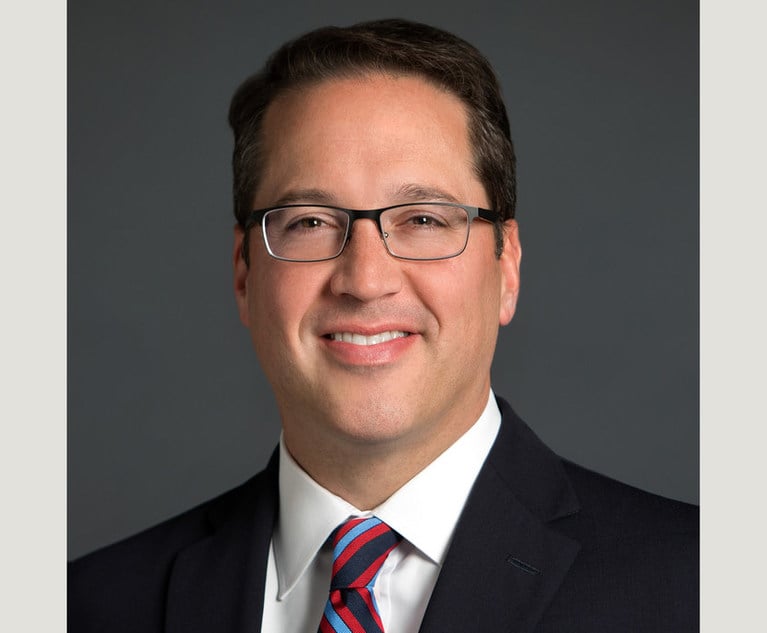Restaurants and hotels increasingly have found themselves over the last several years as defendants in lawsuits or the subject of investigation by the DOL’s Wage and Hour Division challenging their “tip pooling” practices. Hospitality industry employers typically collect a percentage of the tips received from staff who receive tips and redistribute, which often provides additional wages to staff who typically earn less in tips, like hosts or bellhops. On March 23, Congress got into the act via The Omnibus Spending Bill.
Generally, the Fair Labor Standards Act (FLSA) governs minimum wage, overtime, child labor, and recordkeeping; however, in 2011 the DOL’s Wage and Hour Division issued regulations related to tip pooling for workers who were paid at least the federal minimum wage. Prior to that time, the FLSA permitted employers to pay less than minimum wage (now $2.13 per hour under federal law and $2.83 per hour under Pennsylvania law) and take a “tip credit” for employees who “customarily and regularly received tips,” so long as employers met certain requirements. The statute also permitted pooling of tips only with other employees who customarily and regularly received tips. In December 2017, the DOL issued a proposal to rescind portions of the 2011 regulations that restricted tip pooling for employees who earned at least the federal minimum wage, questioning whether the DOL acted outside of its authority in regulating the payment of wages beyond the minimum wage or overtime context.


 Andrea Kirshenbaum
Andrea Kirshenbaum




